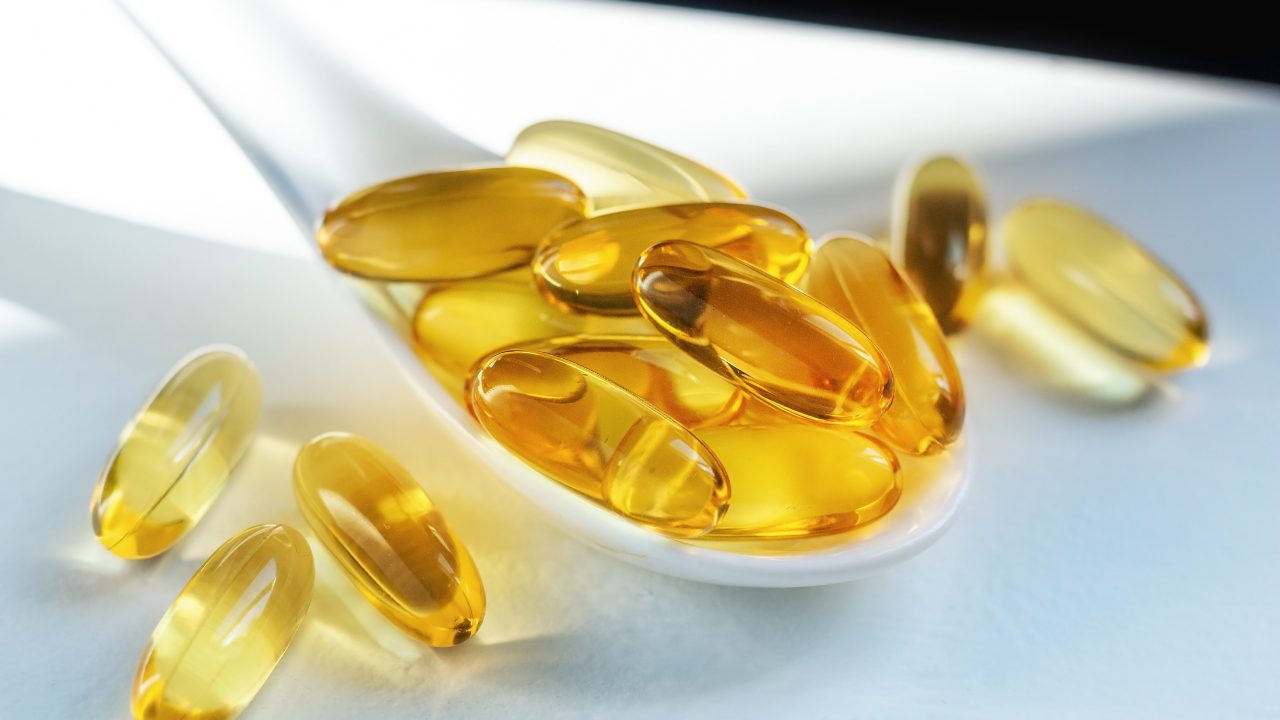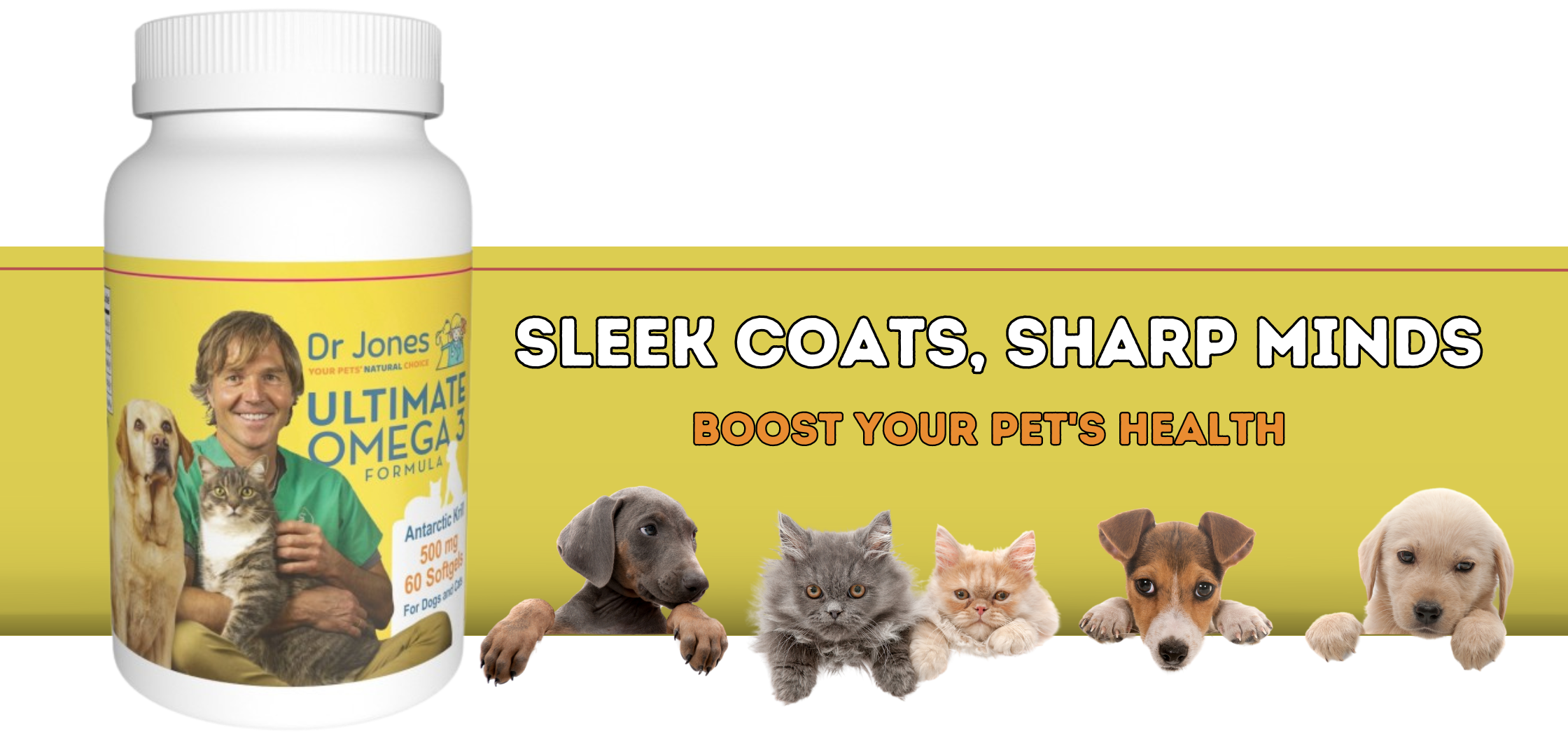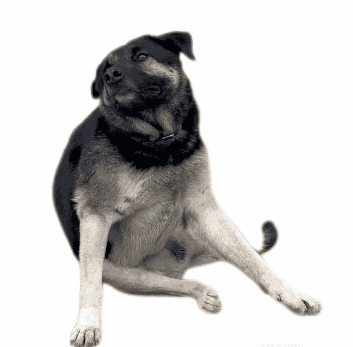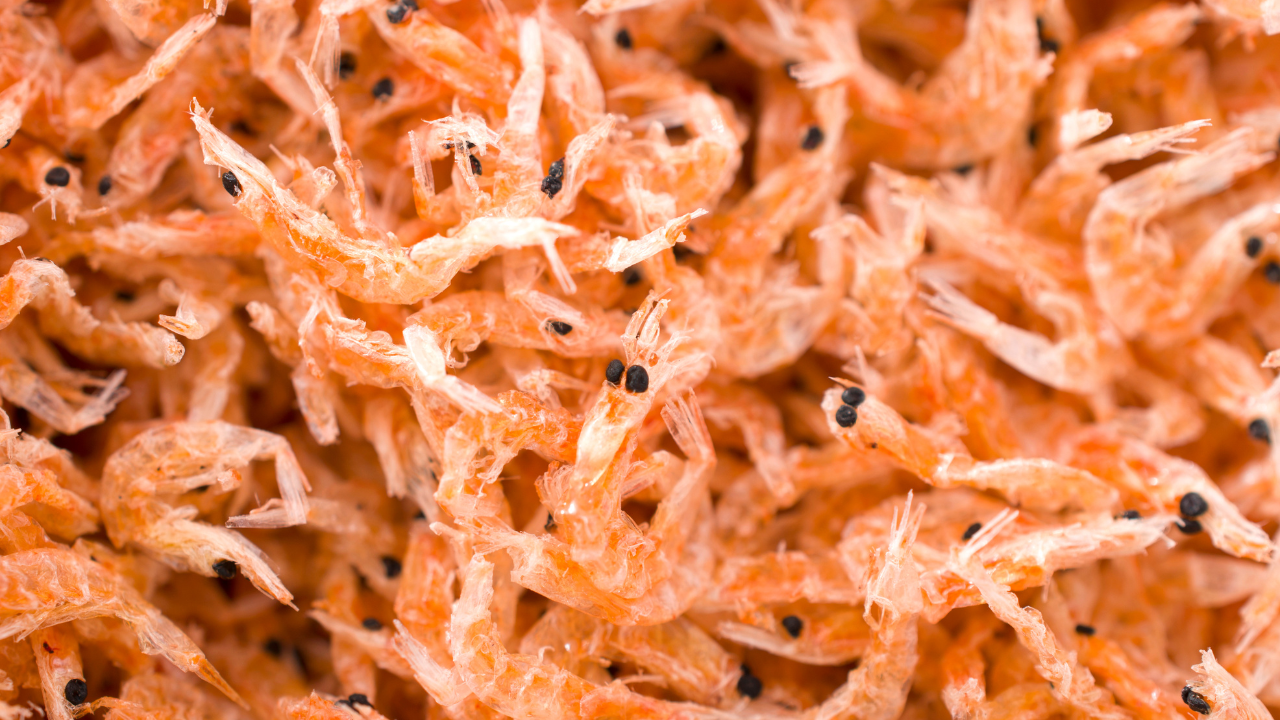Are Essential Fatty Acids Safe for Cats and Dogs?

Some of the popular, and so called healthy Fish Oil capsules are often contaminated with toxins 🙁
You think you are helping your pet, when in fact you may be doing the opposite.
Well we have an Omega 3 Fatty Acid Supplement in the form of Krill Oil that is toxin free… YAY!
IF you have YET to see How beneficial Krill can be, now is the time to try. It’s here:
Dr Jones’ ULTIMATE Omega 3 Formula


Why Your Dog or Cat should be on a Quality EFA supplement
Many veterinarians, including Clinicians Brief say that:
‘Omega 3 Fatty Acids are one of the most important supplements in veterinary medicine’
Omega 3’s in the form of Fish oil were the 1st supplements I sent clients home with nearly 30 years ago when I first started in practice… (am I *really* that old?)
At the time it was to help these serious allergic dogs with chronic itching/scratching/hair loss etc. from allergies… and I still strongly recommend them TODAY.
If your dog or cat has ANY of the following conditions you should be considering an Omega 3 Fatty Acid Supplement.
- Inflammatory Skin Disease
- Osteoarthritis
- Heart Disease
- Kidney Failure
- Cognitive dysfunction
- Chronic inflammation
- Anxiety disorders (Separation anxiety, FLUTD)
- Auto-immune diseases (ie Lupus, AIHA, ITP)
- Cancer prevention and treatment
- Feline Asthma
- Fatty Liver Disease (Hepatic Lipidosis)
- Ear infections
Source: healthline.com, ‘Science Based benefits of Omega 3 Fatty Acids’. Source: Clinicians Brief, Top 5 Therapeutic Uses of Omega-3 Fatty Acids
These supplements can be in the form of Flax oil, Fish oil, or Toxin Free Sustainable Krill Oil.

What is KRILL?
Krill are small, shrimp-like crustacean with big black eyes and a reddish, semi-transparent body. Antarctic Krill are among the largest of the 85 known krill species and make up one of the world’s largest single species marine biomass.
They move in huge swarms throughout Antarctic waters and feed on microscopic algae. Equal to the size of a paper clip, krill are small, yet mighty in terms of health benefits.
Why TOXIN FREE Krill can be better
Krill having a very short lifespan and being very low on the food chain have little to no measurable environmental toxins.
Krill provides similar EFA profile as fish oil, but without the toxic RISK.
Absorption
Krill is very well-absorbed, so your pet only needs about a fifth the dose of regular fish oil to receive the same benefits. Fish oil contains omega 3 fatty acids in triglyceride form, while the omega 3 fatty acids in krill oil for dogs are in phospholipid form.
Astaxanthin
The omega-3 fatty acids found in krill oil supplements for dogs contain the antioxidants that fight against free radicals. Scientists have found numerous benefits from fighting these free radicals, ultimately giving your dog an extra tool in the toolbox to help prevent cancer, slow down the aging process.
Sustainable
Krill are a thriving, highly sustainable food source.
The Conservation of Antarctic Marine Living Resources helps maintain sustainability by reinforcing a precautionary limit of 6.6 million tons. Less than 2 percent of the precautionary catch limit has actually been harvested on any given year.

Best Wishes,
Dr Andrew
P.S. About our supplement:
- 100% Antarctic Krill Oil, Premium Grade
- Source of Omega-3 fatty acids
- Highly absorptive and bioavailable
- Rich in Phospholipids plus Astaxanthin
- 100% Natural and Organic
- 3rd party verified lab testing
- Sustainable under guidelines of Commission for the Conservation of Antarctic Marine Living Resources (CCAMLR)
Your bottle is here:Dr Jones’ ULTIMATE Omega 3 Formula for Dogs and Cats

Hi Dr. Jones
My name is Ljiljana. I’m so happy to have found your platform. I have a senior male pomeranian Ringo 7 yrs old weighs 2.6 kg, who is castrated many years ago. We’ve noticed that he began to have problems with his coat after castration, he lost almost all his coat. Maybe it’s Black Skin disease?
The vet prescribed us Cirkadin 2 mg which he has taken for almost a year, and it has helped a small bit, but not much. We’ve since stopped with this medication cause of other health issues. Now he only has hair on his legs and head.
He used to have homemade food (cooked veggies, carrots, green beans, potatoes, parsley, parsnip and cooked chicken) and supplements he gets fish oil everyday.
Now the vet did some bloodwork and said to stop with the homemade food and switch to hypoallegenic kibble cause he has problems with digestion, which he is not so happy about + drinks A LOT of water in the evenings.
Please help!! I’d like to hear your opinion on what we can do. He is so small and fragile I dont know what to do for him to be healthy and have the best quality of life. It’s very complex. What is the right thing to do?? Should we do what the vet says or find another solution?